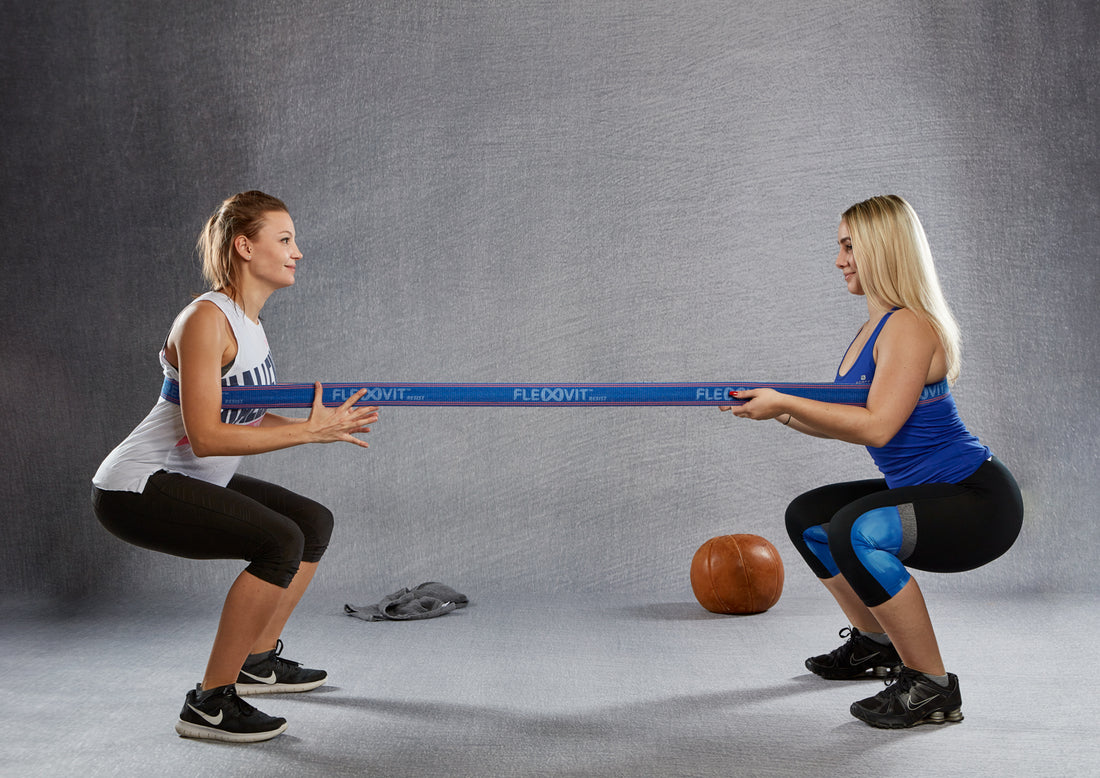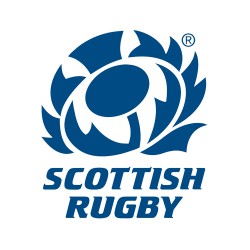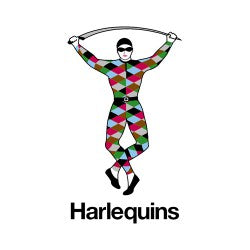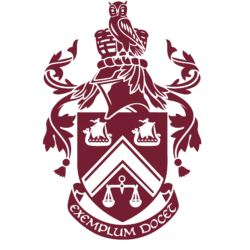A record 62.6 per cent of the adult population are now classed as physically active, according to the latest figures from Sport England's Active Lives Survey.
During the 12 months to November 2018, the number of people (aged 16 and over) who meet the Chief Medical Officer’s guidelines for physical activity increased by 498,100.
The growth was driven by an increase of 286,000 in the number of women who are regularly active, which Sport England accredits to efforts to make sport and physical activity more appealing to women.
As a result, the "gender gap" between active men and women narrowed by more than 90,000, from 352,000 to 258,000.
Figures also show an increase of 133,200 in the number of disabled people and those with long-term health conditions classed as active. It is the first increase in this category since the 2012 Olympic and Paralympic Games – with gym sessions showing the biggest growth.
The report also highlights the most popular physical activities and identifies those which are growing in popularity.
Walking for leisure and travel remains the most popular activity (with 26.9 million people), followed by fitness activities and gym sessions.
Within fitness, yoga and Pilates grew in popularity, as did weight training. Meanwhile, group classes such as Zumba saw a decline in numbers.
One of the fastest growing activities in terms of popularity are adventure sports – including hill and mountain walking, climbing and orienteering.
There was good news for swimming too, as the number of people swimming regularly stabilised during the past 12 months, after years of decline.
The report does, however, also show that a quarter of the population (25.1 per cent) – around 11.3 million people – remain physically inactive.
It also highlights a number of "stubborn inequalities", which Sport England has identified as key issues to tackle – such as women from lower socio-economic groups and black and South Asian communities being less likely to be active.
“Things are moving in the right direction," said Sport England chief executive Tim Hollingsworth.
"However, stubborn inequalities remain which show that sport and physical activity still isn’t appealing to everyone.
“It isn’t right or fair that people on a low income, women and black and South Asian people are still less likely to be active. We’re working hard to address that across all of our programmes, with a new stage of the This Girl Can campaign, Fit Got Real, just one example.
“We urge all sport and physical activity providers to think about the practical steps they can take to make their sports more welcoming and inclusive to all.
“People are gravitating towards activities that can fit into their busy lives, that are enjoyable and where ability doesn’t have to matter.
“The fact that traditional sports participation isn’t growing is worrying considering their importance in the fabric of the nation and the positive social and community benefits they can bring.
“The nation’s activity habits are changing. The sports sector must become more demand-led as a result.
“We must ask how our sports can offer consumers the convenience they seek and offer activities that are enjoyable, affordable and accessible.”
To download and read the full Active Lives Adults Survey, click here.
Check out the Perform Better Range for your fitness motivation
For the latest on Perform Better, follow us on Facebook, Instagram or Twitter



































